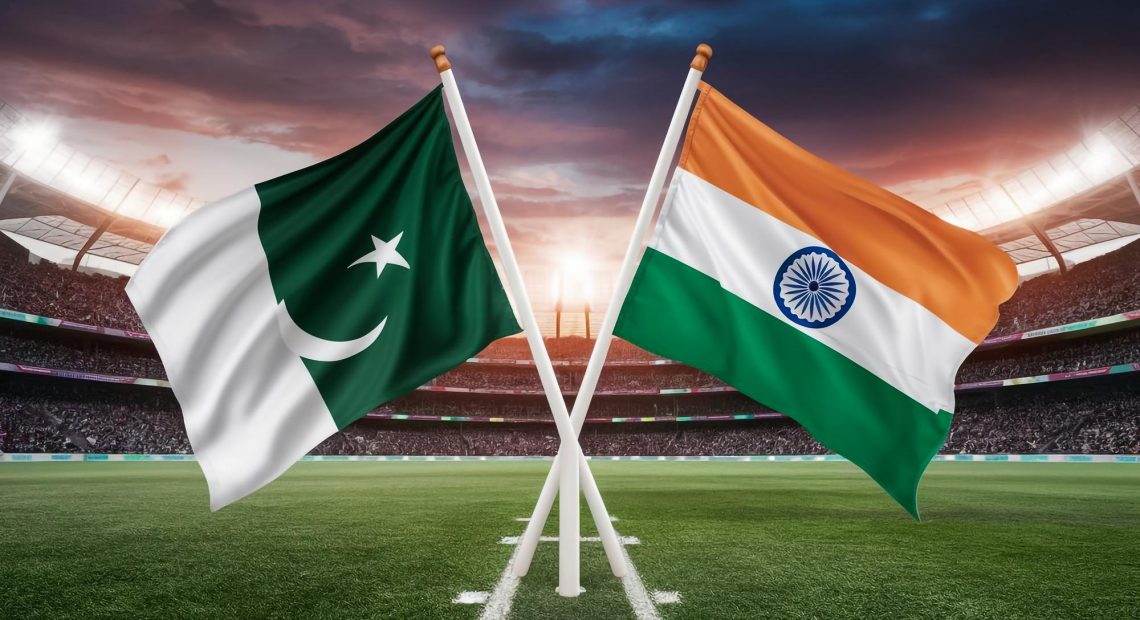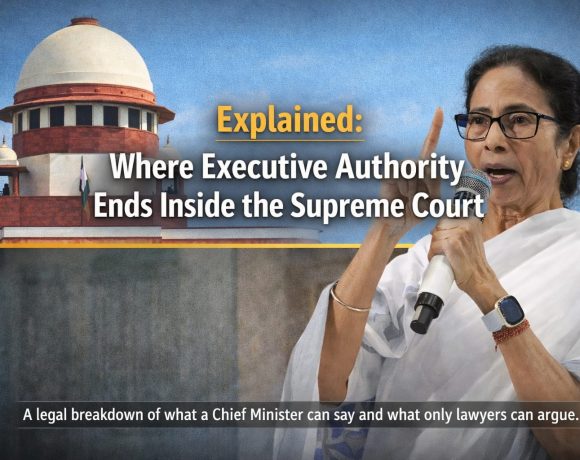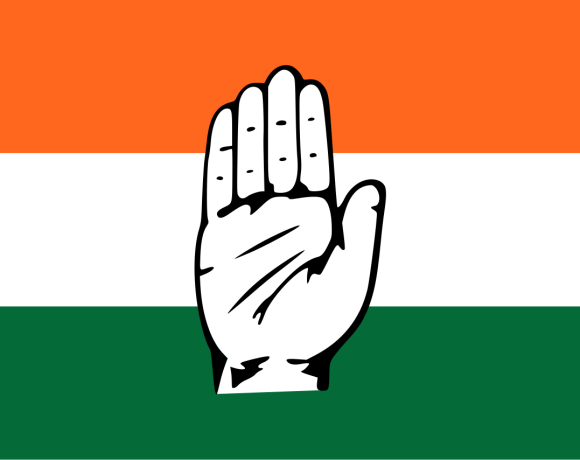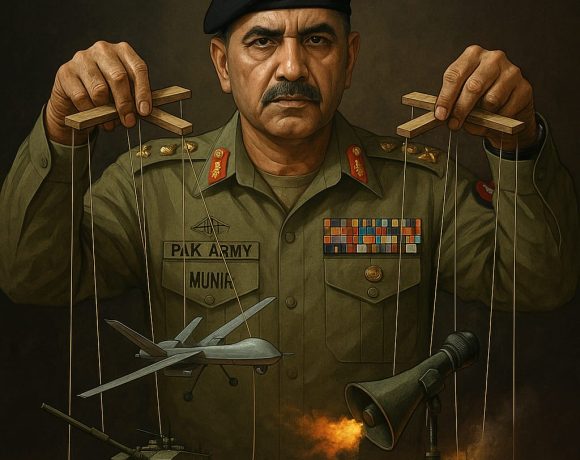
From Cinema Screens to Cricket Grounds: Why National Bans Don’t Apply to Cricket
India has banned Pakistani actors, singers, and OTT content in the wake of recent terror attacks. Entire films like Abir Gulaal and Sardaar Ji 3 have been blocked from Indian release, and even Instagram accounts of Pakistani celebrities have been taken down. Guilds like AICWA and FWICE have declared it a patriotic duty to sever ties with Pakistani talent. Yet, amid this atmosphere of cultural severance, India is preparing to face Pakistan in the Asia Cup 2025. The contrast is glaring: patriotism is absolute in Bollywood, conditional in cricket.
The money explains much. The India–Pakistan Asia Cup clash is valued at nearly ₹1,400 crore in sponsorships, advertisements, and broadcasting rights. Cancelling it would tear holes in balance sheets of broadcasters, unsettle advertisers, and dent ICC revenue-sharing. For the BCCI, protecting this match is less about principle and more about preserving its richest payday. While actors and producers are expected to absorb losses for the nation, cricket is somehow exempt.
The power map of 2025 only heightens this contradiction. Jay Shah is no longer BCCI Secretary, but as ICC Chairman, his global standing depends heavily on India’s participation in marquee fixtures. A boycott would embarrass not just BCCI but also undercut Shah’s leverage as ICC chief—the man meant to guarantee Indian cricket at the table. That is why the match is treated as untouchable: cancelling it is an inconvenience that global cricket’s most powerful officeholder cannot afford.
And here lies the hypocrisy. Just weeks ago, the World Championship of Legends cancelled its India–Pakistan match after Indian players like Yuvraj Singh and Harbhajan Singh refused to play, citing the Pahalgam terror attack. India even forfeited a semi-final, giving Pakistan a walkover. If legends and private organizers could cancel on principle, what stops the BCCI from doing the same? Clearly, when money and prestige collide, principle is the first casualty.
The double standard is impossible to miss. Terror attacks wipe Pakistani actors off screens, but cricketers are lined up at the toss. National honour is invoked to ban films and songs, but when it comes to cricket, exceptions are quietly carved out. Patriotism is compulsory for Bollywood, optional for the BCCI, and negotiable for the ICC Chairman.
The government’s complicity deepens the farce. The official line—no bilaterals, but multi-nation matches are fine—gives BCCI legal cover. Opposition leaders like Aaditya Thackeray accuse the board of putting revenue above national interest, but the Centre remains silent, unwilling to confront cricket’s power structure. Selective nationalism has never looked more transparent.
India can cancel a movie release or block a celebrity’s Instagram, but apparently cannot cancel a cricket match. For actors, patriotism means lost work. For producers, it means ruined investments. For cricket, it means business as usual. And if a legends’ tournament could forfeit on principle, what exactly stops the billionaires of cricket—except the sheer inconvenience it would cause Junior Shah?


















